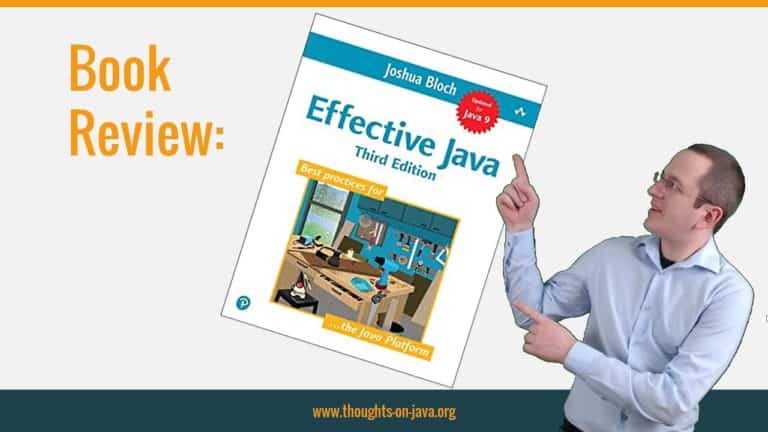Hibernate Tips: How to Share the Primary Key in a One-to-One Association
Hibernate Tips is a series of posts in which I describe a quick and easy solution for common Hibernate questions. If you have a question for a future Hibernate Tip, please leave a comment below. Question: I need to map a one-to-one association in which the primary key value of one entity is also used…





